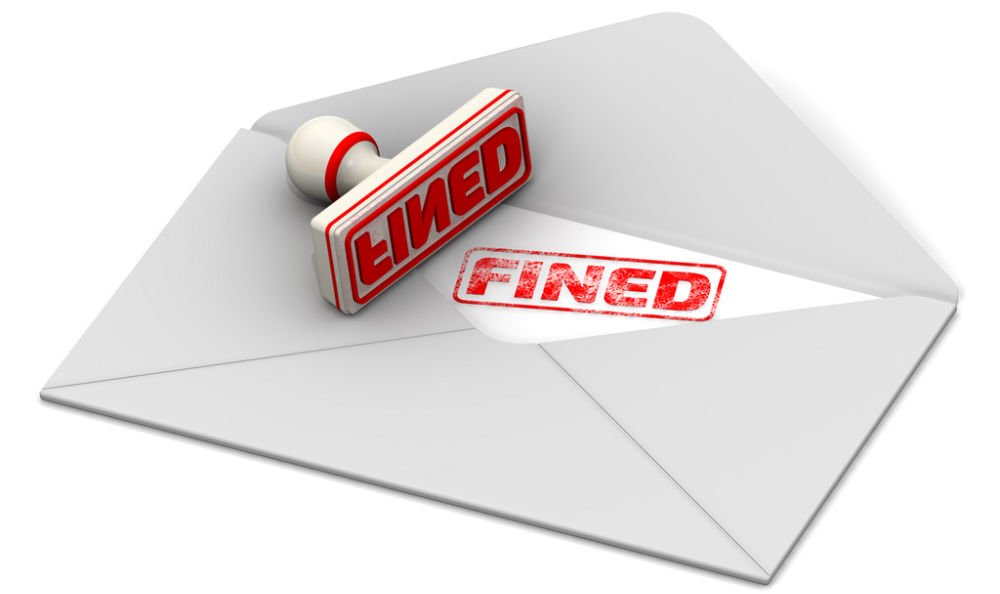In our new series, we’re bringing you some tips on sole trading. It’s not just business to consumer relationships that can suffer strain, business to business ones can too. This is why we’re launching some sole trader guides to help you on your way to running a successful business. Starting with these tips on getting paid as a freelancer
Most people love being a freelancer for all sorts of reasons, including the variety of clients and the range of assignments. And certainly, job satisfaction is a very important element of freelancing. Equally fulfilling is receiving an email notification that Ms. Client has arranged a payment for work completed. It represents positive feedback of the most tangible kind. Even though it comes as no surprise to receive a payment, seeing it appear in your PayPal or freelancing account definitely feels like recognition for a job well done. Personally, when I open the email confirming a payment, I get a real boost, and after all, those endorphins won’t release themselves.
In my experience of freelancing, fortunately most clients pay the bill promptly and issues are reasonably rare. I have found it helps a great deal to set expectations on both sides, at the outset of the assignment. You should have a clear idea of what the client is hoping to achieve from the project and, even more importantly, you should manage their expectations as to what is realistically achievable, both in terms of output and time frame. This will help you to meet their expectations and avoid any grumbling at the conclusion or delays in payment.
If using a freelancing website to secure work, you will usually have the option of requesting a deposit be held in an escrow account. This is a neutral, third party account where an agreed sum can be retained until a milestone has been reached. It is strongly advisable to use an escrow service, particularly with a new client. In this way, you know from the outset that the client has lodged money up front and if there are any subsequent issues that go to the website’s dispute resolution service, there is a chance of receiving at least part-payment for the work you have undertaken. Escrow amounts tend to be a percentage of the value of the project, typically ranging from 50% – 100%. For smaller projects, it is reasonable to request an escrow of 100%. Obviously, the higher the percentage, the better protected a freelancer is for work completed. Money in escrow can also be used for payment upon achievement of project milestones. For larger projects, this can be a real benefit to your business’ cashflow, as it will avoid elongated revenue troughs. If you are dealing with a new client who refuses to agree to an escrow deposit, you should pause for a moment and think very carefully about whether to undertake the assignment. It may indicate an intention to avoid payment subsequently.
Once an assignment has been completed and the client has confirmed they are happy with your work, you will issue an invoice and the majority of clients pay promptly upon receipt of this. For others, a polite follow-up email checking that they received the invoice and sent a few days afterwards will usually elicit a positive response. They may have a valid reason for delaying a payment but should be able to indicate a timescale for payment. If this is reasonable, it is advisable to agree to this courteously and thank the client in advance. If payment is still not forthcoming one approach is to follow-up again with a telephone call, to advise that payment has not yet been received, as you had previously agreed and to confirm when this will be made.
In the event that a client is still failing to make the payment and the assignment is through a freelancing website, you have the option of raising a dispute and pursuing the matter through the site’s own processes. If the client is established with the freelancing website they are likely to respond to this approach. Failing this, freelancers have the options of lodging a case in the small claims court for claims under £5,000. For larger claims, it is advisable to seek assistance from a legal professional. However, going down the legal route should not be considered lightly however, due to the time and expense involved in such claims.
 The Consumer Voice Real Reviews, eCommerce News and FREE Customer Advice
The Consumer Voice Real Reviews, eCommerce News and FREE Customer Advice






